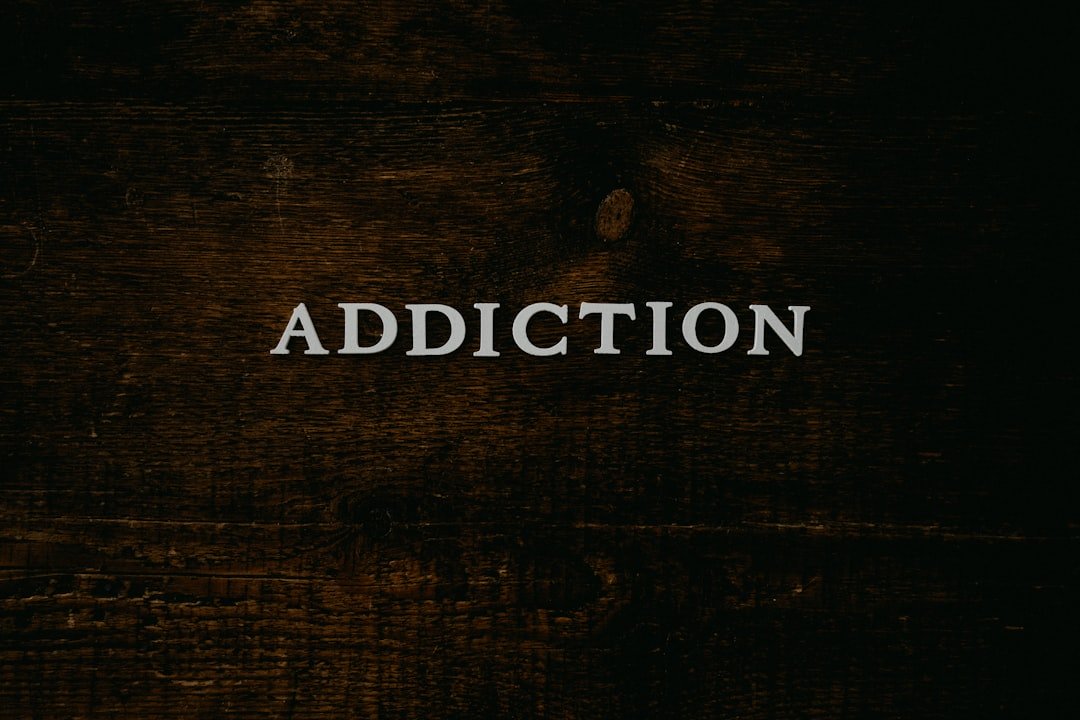Life rarely follows our script, does it? We plan, we dream, and then something unexpected hits us. Whether it’s a small hiccup or a massive challenge, problems are a part of living. The real secret to a good existence isn’t avoiding problems. It's learning to dance with them.

I know this dance well. For years, I struggled with deeply ingrained habits: gaming addiction, binge eating, drinking, and a general laziness that kept me stuck. Change felt impossible. My health suffered, my relationships strained, and my spirit dimmed. But slowly, step by step, I began to adapt. I learned that facing problems head-on, with the right strategies, isn't just about surviving. It’s about thriving. It’s about growing into a stronger, more purposeful person.
Here are 20 strategies I've learned—some the hard way—that help me adapt when life throws its curveballs. I hope they help you too.
Shifting Your Perspective
How you see a problem changes everything. These strategies help you adjust your mindset first.
- Accept the reality. Don't fight what is. Acknowledge the problem without judgment. I spent years denying my gaming addiction, which only made it stronger. Accepting it was the first step to freedom.
- Focus on what you control. You can't control the problem itself sometimes, but you can always control your reaction. Shift your energy to your choices, actions, and attitude.
- See problems as opportunities. Every challenge offers a chance to learn, grow, or discover something new about yourself. What hidden lesson is waiting for you?
- Reframe your thoughts. Instead of "This is terrible," try "This is tough, but I can handle it." Your inner dialogue shapes your reality.
- Practice gratitude for lessons learned. Even in difficult times, look for things to be thankful for. This shifts your focus from lack to abundance, strengthening your spirit.
Taking Action Effectively
A good mindset needs good actions. These strategies guide your response to problems.
- Break it down. A big problem can feel overwhelming. Chop it into tiny, manageable steps. When I aimed to lose over 110 pounds, I didn't focus on the total. I focused on one healthy meal, one short walk, one day at a time.
- Ask for help. You don't have to carry burdens alone. Reach out to friends, family, mentors, or professionals. There is strength in vulnerability.
- Learn from past experiences. Think about how you handled similar challenges before. What worked? What didn't? Apply those lessons.
- Experiment with solutions. Don't expect the first approach to be perfect. Try different things. Be flexible and ready to adjust your plan.
- Take imperfect action. Don't wait for the perfect moment or perfect plan. Just start. Even a small, imperfect step forward is better than none. This helped me build my productive routine of deep work bursts; I just started with 30 minutes, not a perfect 4 hours.
Building Your Inner Strength
Problems test your resilience. These strategies help you fortify yourself from the inside out.
- Prioritize real rest. When facing stress, your body and mind need proper rest more than ever. Don't push through exhaustion. Step back and recharge.
- Nourish your body. Eat good, wholesome food. Your physical health directly impacts your mental and emotional capacity to adapt. This was crucial in overcoming binge eating and regaining my health.
- Set clear boundaries. Protect your time, energy, and emotional well-being. Learn to say "no" when necessary.
- Celebrate every small win. Acknowledge your progress, no matter how tiny. These small victories build momentum and keep you going. Losing 110 pounds wasn't one big win; it was hundreds of small daily choices celebrated.
- Keep a journal. Writing down your thoughts and feelings can bring clarity, help process emotions, and identify patterns in your challenges.
Connecting and Finding Purpose
Ultimately, adaptation is about finding meaning and connection. These strategies ground you.
- Build a supportive community. Surround yourself with people who uplift you, offer wise counsel, and share your values. You need a team in life.
- Find your deeper "why." What truly motivates you? What is your purpose? When you know your "why," challenges become less daunting because they align with a bigger picture.
- Serve others. Shifting your focus from your own problems to helping someone else can offer a fresh perspective and a sense of purpose. It often makes your own burdens feel lighter.
- Embrace discomfort for growth. Growth rarely happens in your comfort zone. Lean into the challenges. Know that stretching yourself builds resilience.
- Anchor in faith. For me, strengthening my Christian Orthodox faith has been the most powerful adaptation strategy. In the midst of life's storms, my relationship with God offers unwavering peace, purpose, and guidance. It reminds me that I am never truly alone and that there is a divine plan even in moments of confusion. This faith gives me the strength to keep adapting, one day at a time.
Adapting to problems isn't a one-time fix. It’s a continuous journey, a set of skills you refine over time. We all face struggles. What if, instead of dreading them, we saw them as opportunities to practice our adaptive strength?
Which of these strategies resonates with you most today? What’s one small step you can take to adapt to a current challenge in your life? Take that step. You are stronger than you think.